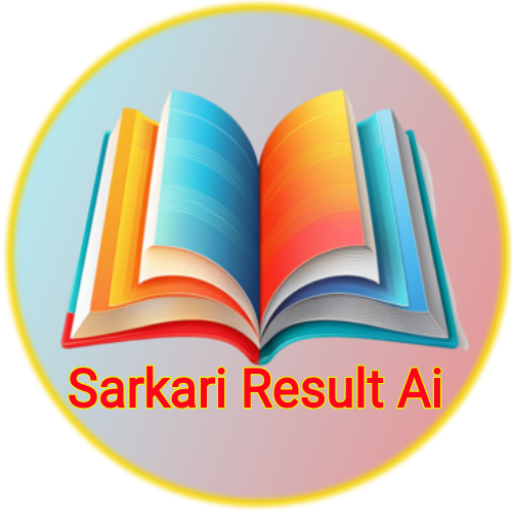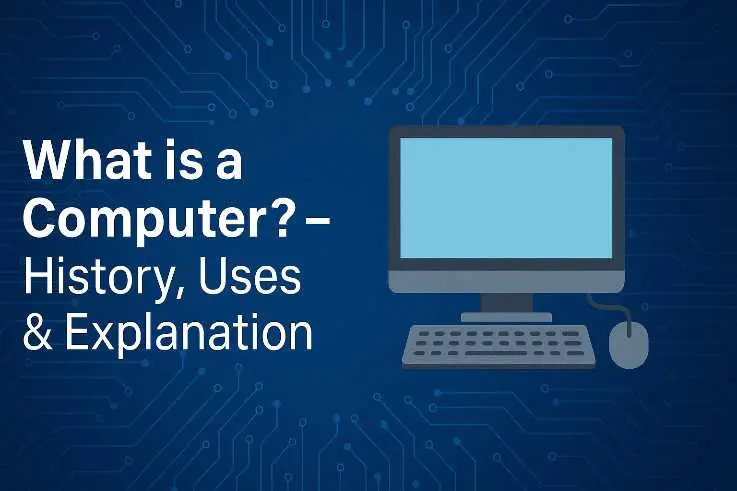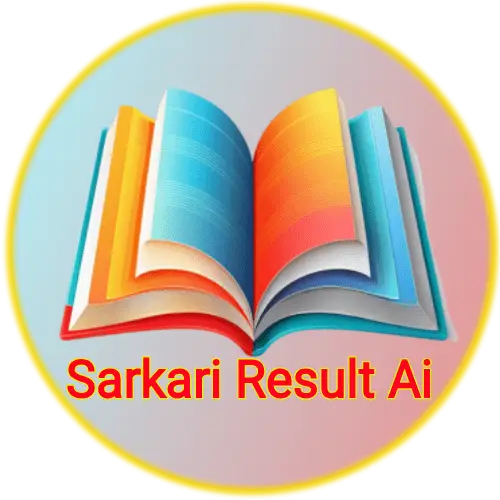Introduction
The computer, one of humanity’s most transformative inventions, has redefined how we live, work, and communicate. Since its inception in the mid-20th century, the computer has undergone monumental changes—increasing in power, shrinking in size, and becoming an integral part of nearly every aspect of life. In the 21st century, computers are not just tools but extensions of human cognition, enabling us to interact with the world in profoundly new ways. This essay explores the evolution of computers, their societal and economic impact, and the trajectory of future developments in this critical field.
A Brief History of Computers
The Early Days
The earliest computing devices were mechanical in nature, such as the abacus or Blaise Pascal’s calculator in the 17th century. However, the modern computer as we know it began with the development of electronic digital computers in the 20th century.
During World War II, machines like the British Colossus and the American ENIAC (Electronic Numerical Integrator and Computer) laid the groundwork for digital computing. These early machines were massive, room-sized systems using vacuum tubes and capable of basic arithmetic and logic operations.
The Rise of the Personal Computer
The invention of the microprocessor in the early 1970s by Intel revolutionized computing by condensing the central processing unit (CPU) onto a single chip. This made it possible to develop smaller and more affordable computers, leading to the birth of the personal computer (PC).
By the 1980s, companies like Apple, IBM, and Microsoft brought computers into homes and offices. Microsoft’s DOS and later Windows operating systems made PCs more user-friendly. Apple’s Macintosh, with its graphical user interface (GUI), changed the way people interacted with machines.
The Internet Age
The 1990s marked the beginning of the Internet era, further magnifying the computer’s role in everyday life. With global connectivity, computers became tools for communication, commerce, education, and entertainment. The dot-com boom and the proliferation of websites fundamentally reshaped the global economy.
Components of a Modern Computer
A typical modern computer consists of both hardware and software components. Key hardware elements include:
- Central Processing Unit (CPU): The brain of the computer, responsible for executing instructions.
- Memory (RAM): Temporary storage that holds data and instructions currently in use.
- Storage Devices: Hard drives (HDDs) or solid-state drives (SSDs) for long-term data storage.
- Input/Output Devices: Includes keyboards, mice, monitors, and printers.
- Motherboard: The central circuit board connecting all components.
Software includes:
- Operating Systems (OS): Platforms like Windows, macOS, or Linux that manage hardware and software resources.
- Applications: Programs designed for specific tasks such as word processing, browsing, or gaming.
Impact of Computers on Society
Education
Computers have transformed education at every level. From interactive learning environments to massive open online courses (MOOCs), the computer has made education more accessible and personalized. Tools such as word processors, educational software, and simulation programs allow for diverse and dynamic learning experiences.
Business and Industry
Computers are essential in virtually every business operation. From accounting software to complex data analytics, they have automated processes, increased efficiency, and enabled real-time decision-making. The rise of e-commerce and digital marketing are direct results of widespread computer use.
Healthcare
The medical field has greatly benefited from computer technology. Electronic health records (EHRs), diagnostic imaging, robotic surgery, and AI-assisted diagnosis are just a few examples. Computers have improved patient outcomes, streamlined administration, and facilitated groundbreaking research.
Communication and Social Interaction
Computers, coupled with the Internet, have redefined human communication. Email, instant messaging, video conferencing, and social media platforms like Facebook and Twitter have changed how people connect and share information. However, this has also led to challenges such as misinformation, digital addiction, and privacy concerns.
Government and Public Administration
Governments use computers for data management, tax collection, public safety, and communication with citizens. Smart cities utilize data from sensors and devices to optimize traffic, reduce energy consumption, and improve quality of life.
Computers and the Economy
The computer industry is a major driver of economic growth. It encompasses:
- Hardware Manufacturing: Companies like Intel, AMD, and NVIDIA create processors and GPUs.
- Software Development: Firms like Microsoft, Oracle, and Adobe provide critical business tools.
- IT Services: Cloud computing, cybersecurity, and data analytics are among the fastest-growing sectors.
- Startups and Innovation: Silicon Valley and other tech hubs thrive on computer-related innovation.
Moreover, computers have enabled remote work and globalization, allowing companies to operate across continents and time zones.
Ethical and Security Concerns
Privacy and Surveillance
As computers collect and process massive amounts of data, concerns about privacy have grown. Governments and corporations often gather information on individuals for surveillance or marketing purposes, raising ethical and legal questions.
Cybersecurity
Cyber attacks, including phishing, malware, ransomware, and hacking, pose significant risks to individuals, businesses, and governments. As reliance on computers increases, so does the need for robust cybersecurity measures.
AI and Automation
Artificial intelligence, powered by advanced computing, is automating jobs, raising concerns about unemployment and economic inequality. There is also debate over the ethical use of AI in surveillance, warfare, and decision-making.
Emerging Trends in Computing
Artificial Intelligence (AI) and Machine Learning
AI enables computers to perform tasks that typically require human intelligence, such as recognizing speech, interpreting images, and making decisions. Machine learning algorithms can learn from data, improving over time.
Applications of AI are seen in healthcare (diagnosis), finance (fraud detection), and transportation (self-driving cars). However, ethical oversight is crucial to ensure these technologies are used responsibly.
Quantum Computing
Quantum computers use principles of quantum mechanics to process information exponentially faster than classical computers for certain tasks. Although still in the research stage, they hold promise in areas like cryptography, drug discovery, and complex simulations.
Cloud Computing
Cloud computing allows users to access data and applications over the Internet, removing the need for physical infrastructure. Services like Amazon Web Services (AWS), Microsoft Azure, and Google Cloud have revolutionized how businesses scale and operate.
Edge Computing
Edge computing processes data closer to where it is generated (e.g., IoT devices), reducing latency and bandwidth use. This is crucial for applications requiring real-time processing, such as autonomous vehicles and smart manufacturing.
Green Computing
As environmental concerns grow, there is increasing emphasis on energy-efficient computing. Innovations include low-power processors, carbon-neutral data centers, and e-waste recycling programs.
The Future of Computing
The next few decades promise unprecedented advances in computing technology. Anticipated developments include:
- Human-Computer Integration: Technologies like brain-computer interfaces (BCIs) could allow direct communication between the human brain and computers.
- Universal Connectivity: With the advent of 6G and satellite-based Internet, global connectivity could become universal and instantaneous.
- Hyperautomation: Combining AI, machine learning, and robotic process automation to streamline complex business processes.
- Digital Twins: Creating virtual replicas of physical objects or systems for monitoring and simulation in real-time.
However, the future also presents challenges: regulating AI, protecting digital rights, ensuring equitable access, and preserving human dignity in a highly automated world.
Conclusion
Computers have evolved from mechanical calculators to powerful devices driving global transformation. They have reshaped education, industry, communication, and governance. As we stand on the cusp of even more profound changes—through AI, quantum computing, and human-machine symbiosis—the potential of computers is virtually limitless. But with great power comes great responsibility. The future of computing must be guided not only by innovation but by ethics, inclusion, and sustainability.
In sum, the computer is not just a machine—it is a catalyst of progress, a tool for empowerment, and a mirror reflecting our aspirations and values.


